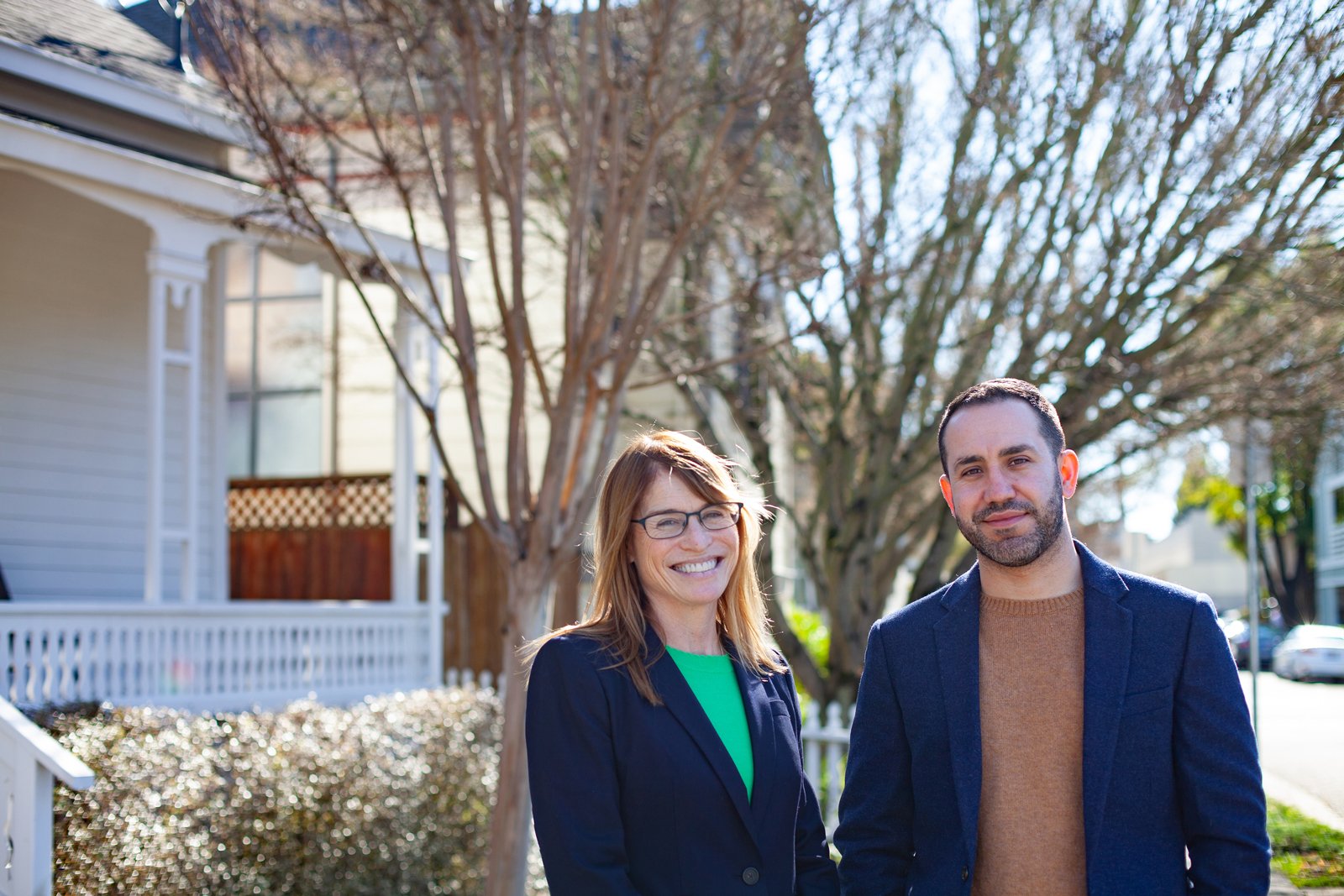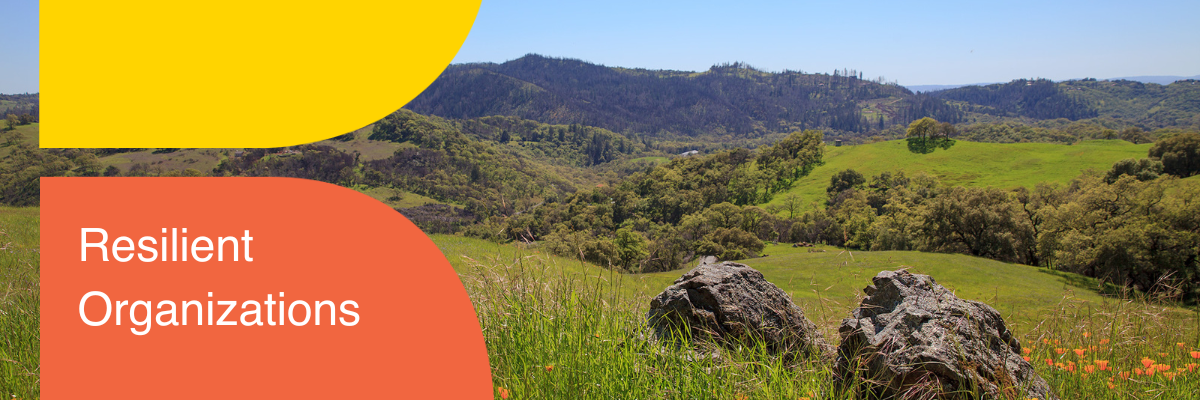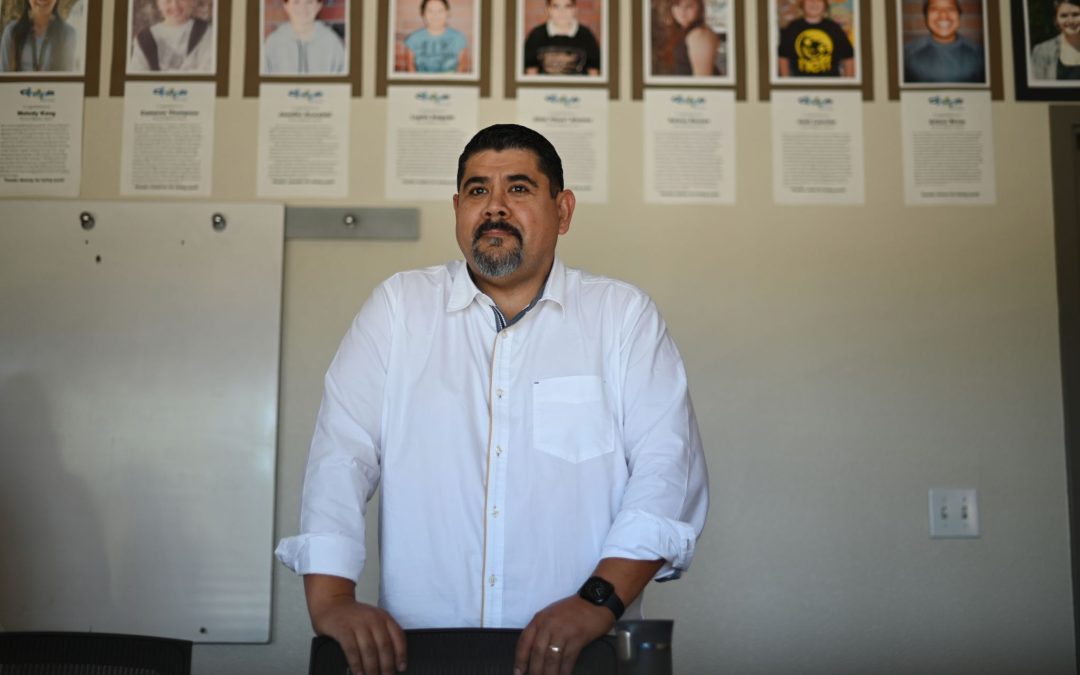If you ask anyone in Sonoma County what the top issues are facing this community, there’s a very good chance that housing tops that list. Of course, this would probably be true of many cities in California—a high cost of housing—and not enough of it to go around—are not unique challenges to us. But after the 2017 fires wiped out 5% of Santa Rosa’s housing stock in a week, our housing challenge became a crisis.
But with that crisis came a renewed commitment to action. Housing developers are exploring housing options beyond single-family homes. Local governments are moving to update zoning rules and regulations. Businesses are seeking new solutions to find housing for workers, including building housing on their campuses.
As we considered how best to support innovative approaches to housing development, we engaged Cassandra Benjamin, a regional expert on philanthropy and housing, to develop data that could guide our grantmaking. Cassandra interviewed 63 leaders across the nonprofit, business, government, and philanthropic sectors to capture the most promising ideas for building consensus around housing solutions.
One of the most urgently needed missing pieces named by these experts? A coordinated cross-sector leadership group representing a diversity of stakeholders—county, city, grassroots organizations, funders—all wanting to find common ground for support of more housing at all levels of our community.
Newly launched Generation Housing is filling that gap. Incubated over the past year with grant funding from the Resilience Fund, Generation Housing will be taking a comprehensive approach to consensus building, education, and advocacy around housing.
This new effort is led by Jen Klose, an attorney with a track record of giving back to the community through service on the Santa Rosa City Schools Board of Education. Jen explains, “This is personal to me, you know? This is my community, I grew up here in Santa Rosa, and I’ve seen the impact of this housing challenge.
“What’s become clear, especially post-fire, is that in terms of the overall health of our community, there is no stronger lever we can pull than by addressing our housing challenges. It will improve health outcomes; it will improve educational outcomes; it will improve our local economy.”
After starting in her new role as Executive Director in December, Jen needed to quickly ramp up their operations, hiring Jesús Guzmán as the Policy and Advocacy Director. Together, Jesús, Jen, and director of operations Kristi Gassaway are exploring other working models for housing leadership groups in communities like Austin, Texas, Seattle, Washington, as well as in San Mateo and Silicon Valley in California.
“There are excellent models for this, with organizations that are focusing on developing a diversity of housing, affordable, and market rate.”
Jen described attending a talk recently at Ridgeway High School. “A student said, ‘I’m afraid that when I graduate in June, I’m going to have to leave the county or risk becoming homeless.’ So I asked the other students if they felt the same way.” About 80% of the kids raised their hands.
“It’s both a real reflection of our housing challenges and shows that we have a morale problem, a vision problem,” Jen said. “What makes me excited about Generation Housing is that we’re bringing a hopeful vision that shows what this community looks like when everyone has a place to call home.”
In addition to convening leaders on issues around housing, Generation Housing’s top priorities include a communications campaign that shifts the narrative on housing from crisis to hope. Jen explains, “The campaign will offer a vision of a Sonoma County in which housing connects to health, environment, education, and economy—all helping galvanize the public behind smart, sustainable development that reduces our carbon footprint and puts people close to transportation, jobs, food, and health care.”
To learn more about Generation Housing, visit: generationhousing.org











